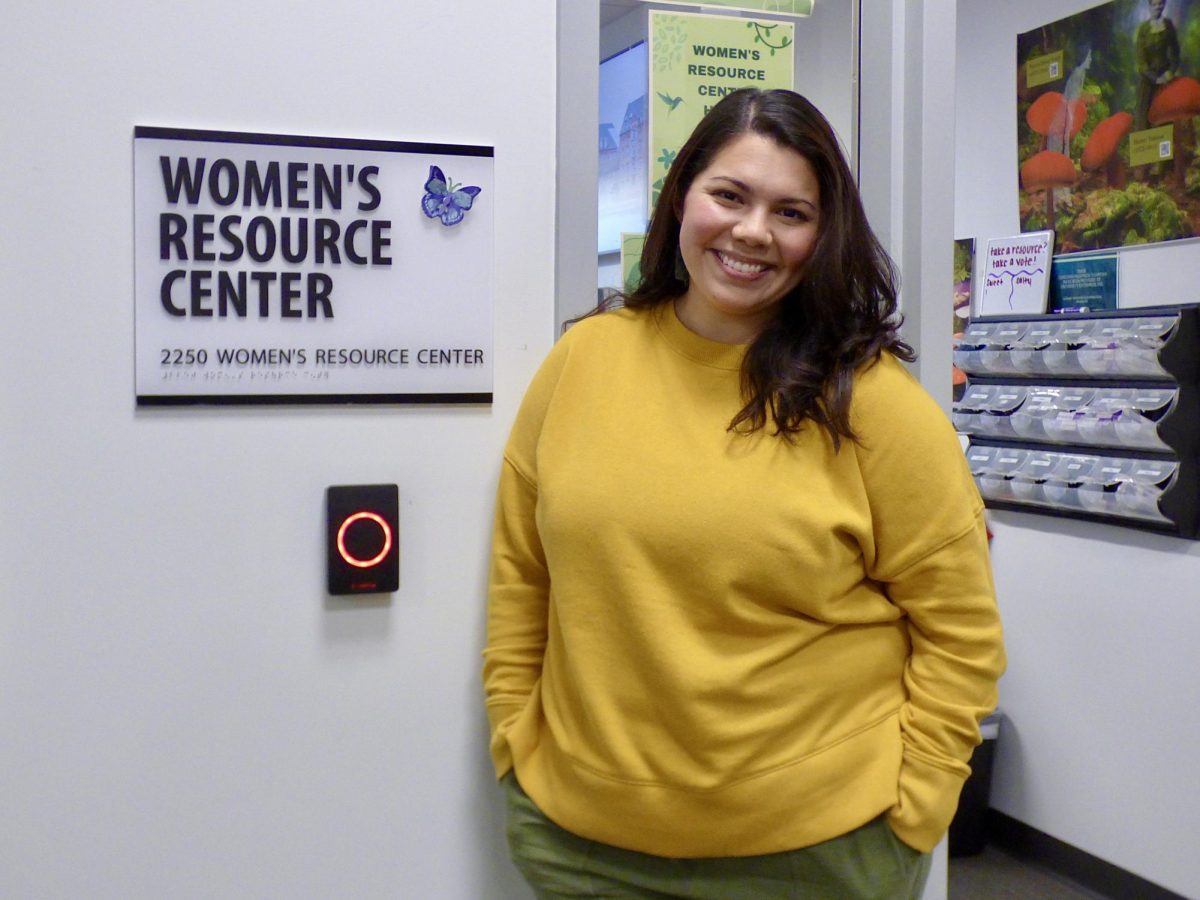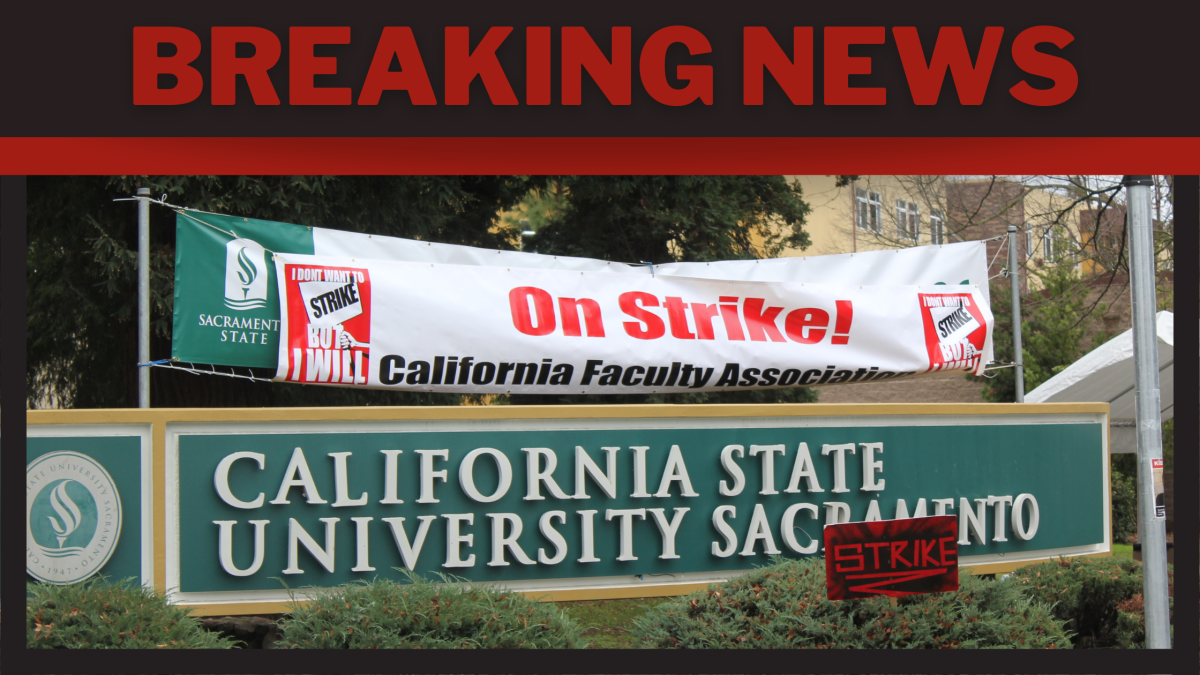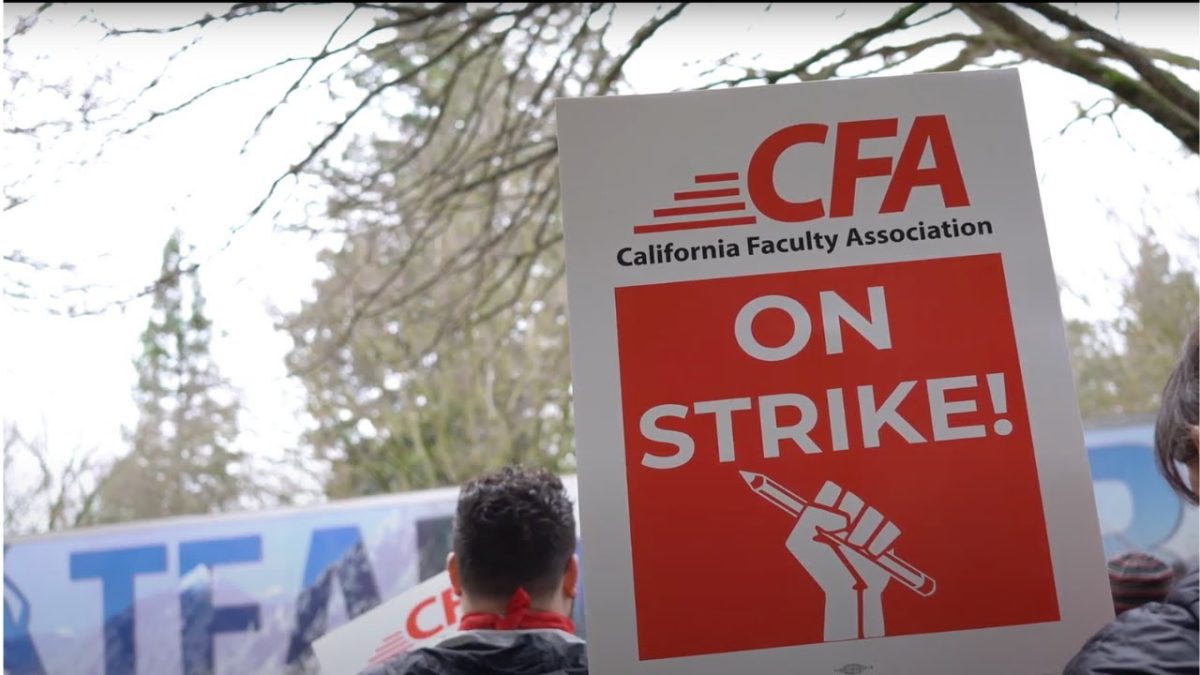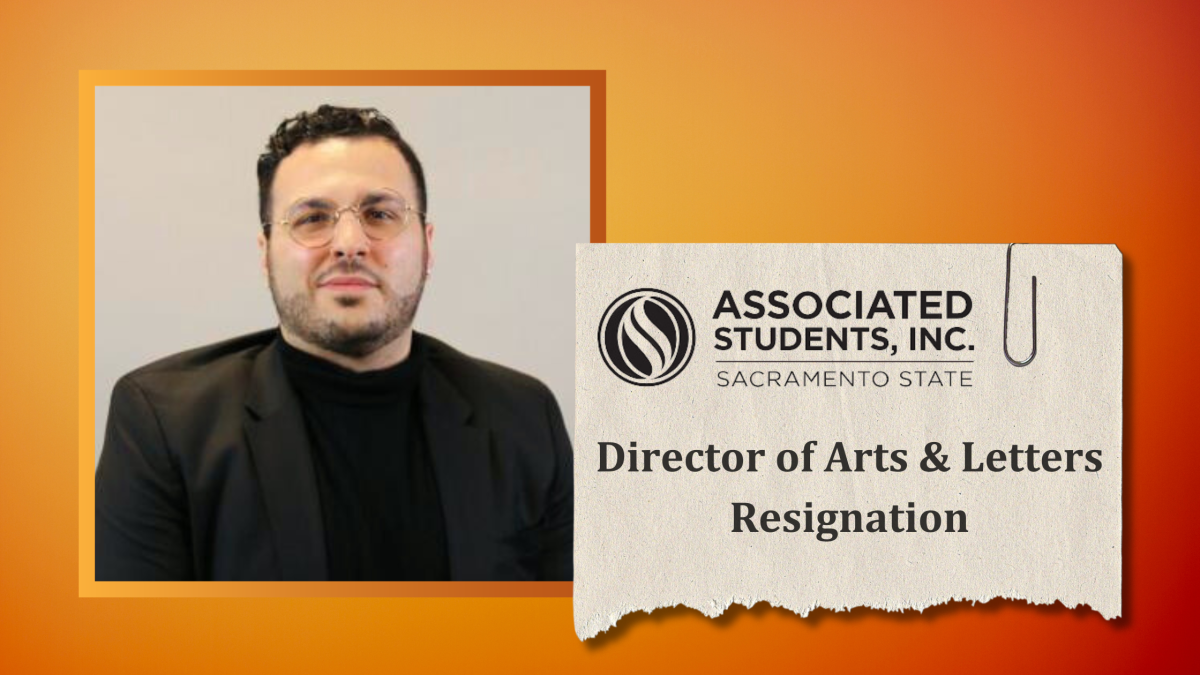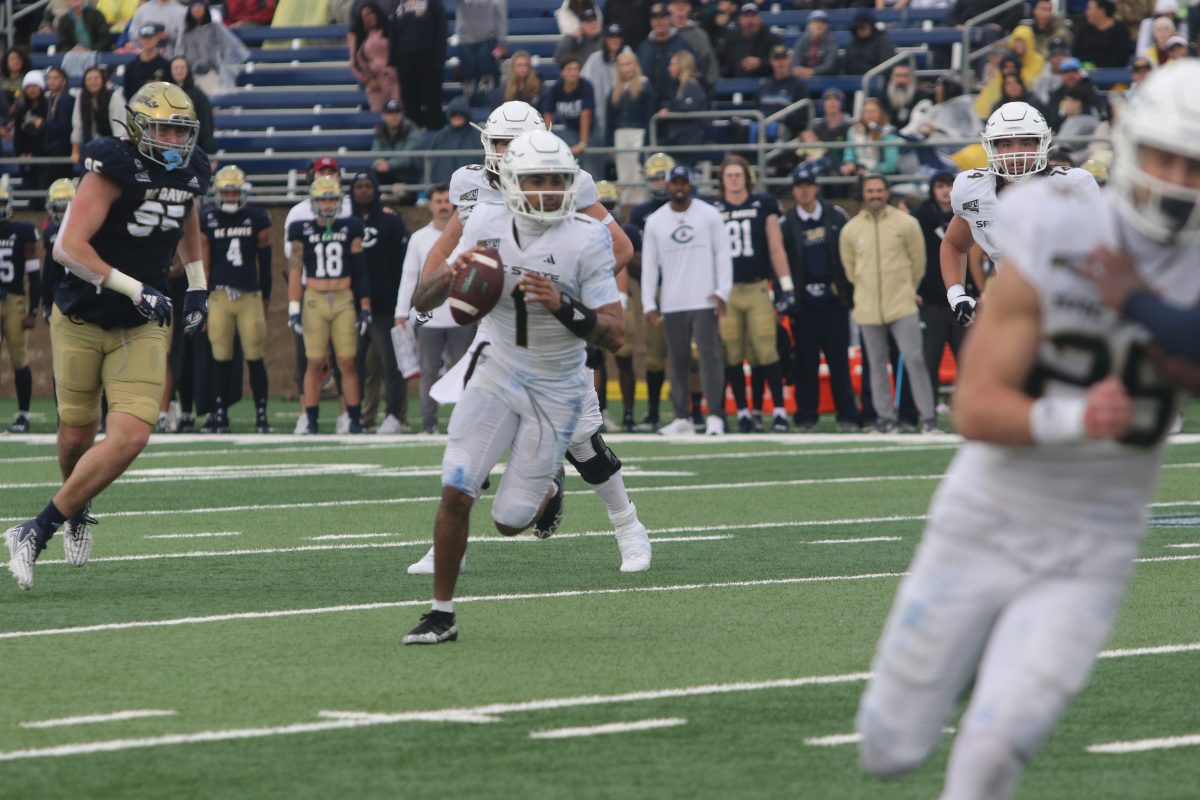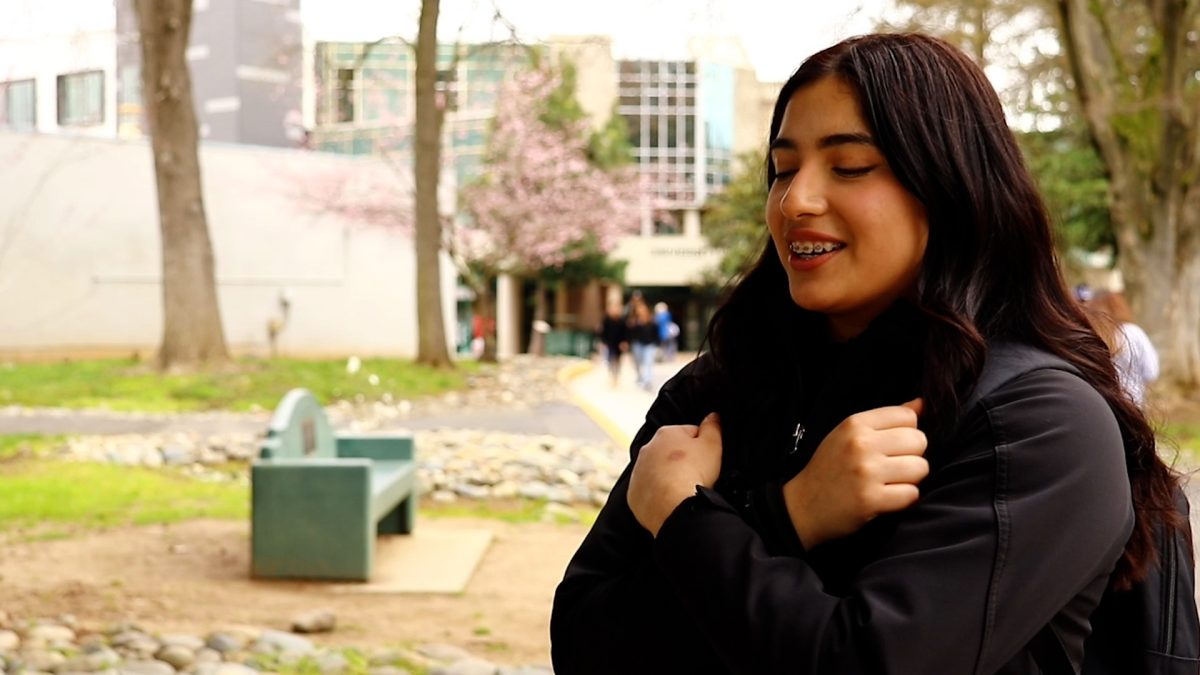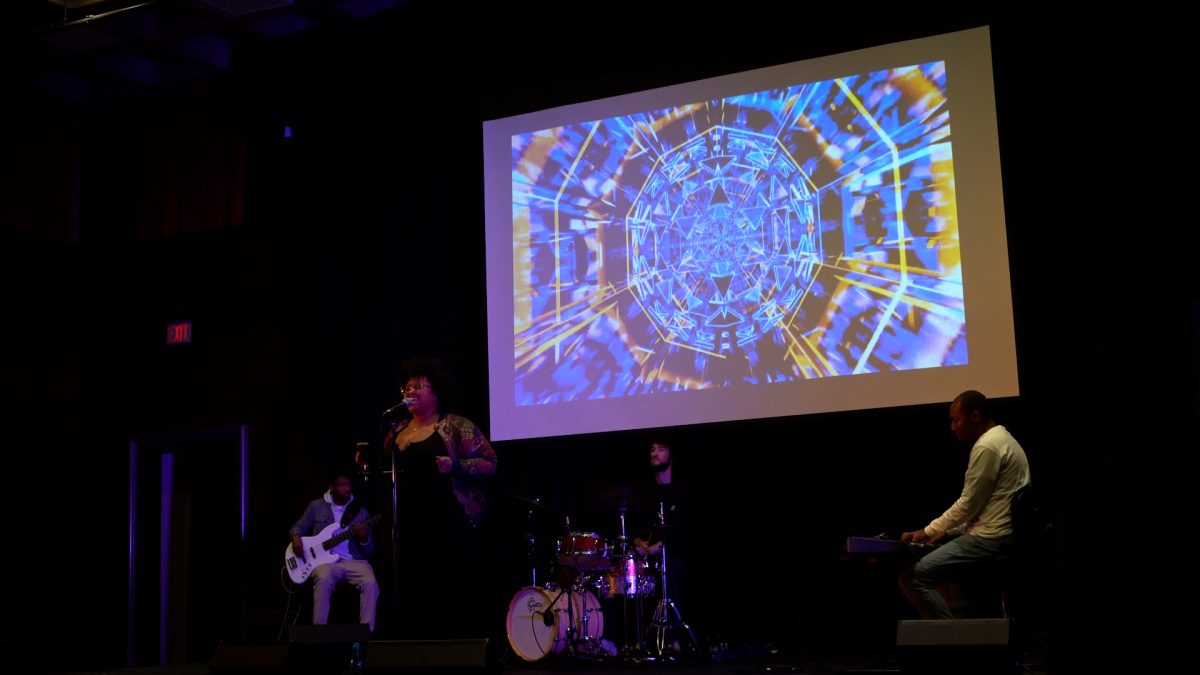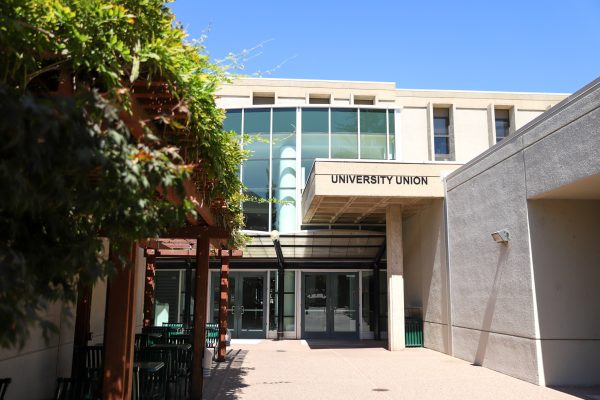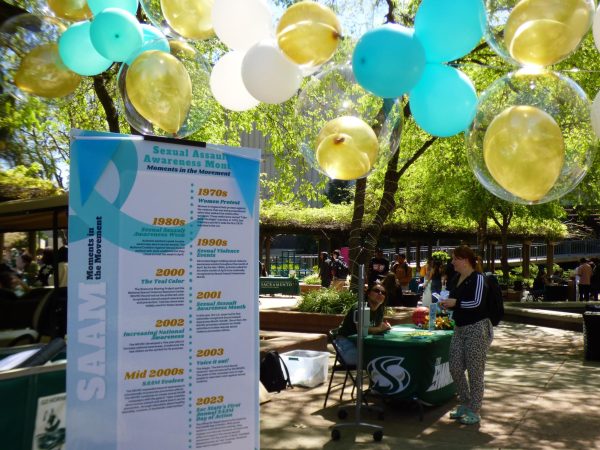Allocation of merit funds cause concern for faculty
June 5, 2000
Months after the dust has settled and some of the merit increase checks have been sent, the review of the Faculty Merit Increase process has been completed.
One of the most pressing concerns is the way funds were allocated in the FMI process, according to a “Reality Check” bulletin from the California Faculty Association, the union which represents the faculty at Sacramento State.
The contract agreed upon last year by the CFA and the CSU administration requires that the money allocated for merit increases be divided according to the following formula: 85 percent of the total is given to departments for their merit increases, as written in Section 31.12; 5 percent to be withheld for appeals, and 10 percent given to the president for his discretionary use.
The first cycle, for the school year 1997-98, was calculated in accordance with the contract, the CFA reports. However, in the second cycle, for the year 1998-99, President Donald Gerth calculated the figures using different bases than had been agreed upon.
“He included the separate SSI funds before calculating his 10 percent and the appeals panel’s 5 percent, though not the departments’ 85 percent allocation. This shortchanged departmental allocations by $72K, padded the president’s allocation by $48K, and the appeals panel’s allocation by $24K,” the CFA bulletin reports.
It turns out that Sac State is the only CSU campus that figured it this way, the CFA said.
Robert Metcalf, professor of Biological Sciences, made the same discovery.
“Gerth cheated departments of $72,000 and padded his amount by $48,000 for cycle two,” Metcalf said.
“Because departments were cheated in their Full Time Equivalent Faculty allocations in cycle two, the whole process was bogus,” Metcalf concluded.
The result, he said, is that Gerth controlled 16 percent of the money instead of 10 percent. The appeals panel had 8 percent instead of 5 percent.
“Departments received only about 77 percent of FMI money,” Metcalf said.
Metcalf said the faculty had wondered why the departments had less money to give and why the president had so much.
“Evidently, departments were given incorrect amounts on which to make calculations for the second cycle,” Metcalf said.
The president gave big increases to administrators, Metcalf said, instead of rewarding merit in teaching.
“The paltry ‘merit’ was supposed to be focused on teaching,” Metcalf said. “Who got the whopping increases? Department chairs! Faculty serving in administrative functions got the big increases.”
Metcalf also questioned the percentage increases, claiming assistant and part-time faculty were shortchanged in this process.
“Gerth also most commonly awarded percentage increases, and that means seniority wins. Full professors get 1.6 times as much money as assistant professors because their salary base is 1.6 times larger. And part-timers who were recommended by their departments most often were given nothing,” Metcalf said.
Another problem, according to both Metcalf and the CFA, is that reporting procedures are being ignored by Sac State administration.
Section 31.29 of the contract reads: “A list of individual faculty unit employees receiving FMI’s, their rank, the amount of the increase received, and their department shall be made public on each campus no later than one (1) month after final decisions regarding such increases.”
The CFA reports that Gerth made his decisions Nov. 19, but results weren’t posted until March, 2000. Additionally, Gerth’s report only stated percentages awarded, not actual amounts, Metcalf said. Gerth did not separate FMI awards into the two categories — the 85 percent from departmental funds and the 10 percent from presidential funds — which the CFA said is necessary to accurately assess the FMI process.
“Listing percentages … hides the real dollars awarded to faculty,” the bulletin said.
“CFA filed a grievance about the administration’s lack of breakdown,” Metcalf said. “CFA has [also] filed a grievance against Gerth for misallocating FMI money in cycle two. That’s a serious violation,” Metcalf said.
Sac State didn’t follow the contract as written, according to Metcalf.
“Ignoring the contract, they just mixed the 95 percent and doled it out! I guess Gerth feels he is above a contract signed by the CSU,” Metcalf concluded.
But Gerth wasn’t the only administrator who “cheated,” according to Metcalf. In December, a tape of a meeting of the Natural Sciences and Math Department, made with the permission of Dean Marion O’Leary, was recorded over the next day. Metcalf said O’Leary “trashed every single departmental recommendation and put in his capricious and malicious recommendations, which Gerth usually went along with.
“He didn’t follow the rules of the contract at all, which is why he felt it necessary to record over the tape he agreed to make,” Metcalf said.
Professors in the College of Business Administration got a surprise when they finally received their FMI checks. According to Lustig, the top echelon of professors, those making the most money, were told that the FMI was a one-time bonus, and not a pay raise, as the professors had been led to believe, “because they are at the top of the scale.”
“They were not even formally notified,” Lustig said. They only found out when they looked at their check stubs.
A number of the affected professors sent memos to Sheila Orman, Director of Faculty Affairs, asking for clarification.
According to David Wagner, dean of faculty and staff affairs, the problem was a misunderstanding of the contract.
“The contract provided that individuals at the top of the pay scale could be allocated their FMI as a bonus rather than a base pay adjustment,” Wagner said.
For some of the professors, Wagner said the intent was to make their awards a bonus, not an increase.
“Due to the confusion of language, the president made the decision to make the bonus a pay increase this year,” Wagner said.
Now, the faculty have to wait for yet another check to be cut. According to Wagner, the checks that were deposited last week for the affected faculty will have to be returned, while another check, with the changes made, will be forthcoming.
“The university is attempting to make [this process] as painless as possible,” Wagner said.






